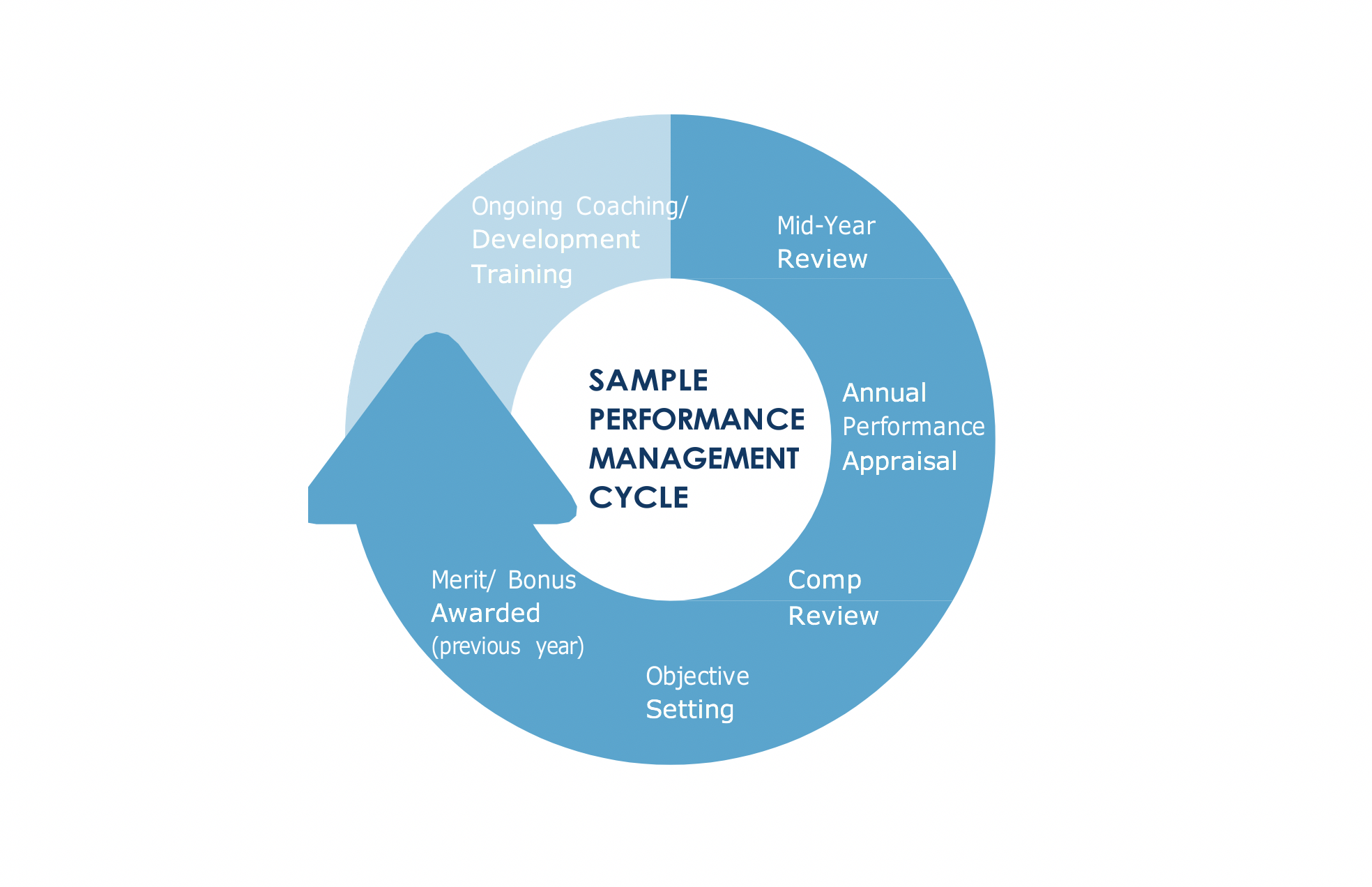How to Address Poor Employee Performance
Addressing poor performance can be one of the most difficult things a manager has to do. Some managers hesitate to take action; others want to take action too quickly. As outsourced HR experts, we have heard it all from our clients:
- “Is this severe enough to warrant a conversation?”
- “What if they quit? I can’t afford to lose anyone right now.”
- “What if this is a sign of things to come. Maybe we should just cut our losses now.”
- “A warm body is better than no body.”
- “What if they’re offended and our relationship is awkward afterward?”
- “What if the issue doesn’t get better and I have to fire them?”
However, failing to address poor performance can result in a negative impact to:
- Performance. If you don’t call attention to the issue, the employee in question may not be aware that there’s a problem and their performance may continue to falter. The performance of other team members around them may also be negatively affected, as they may have a perception of inaction and may start to falter as well. The ripple effect of this can lead to lower results for the department and the overall company.
- Reputation. The employee may get a reputation of not being dependable, efficient, effective, competent, etc. Clients and other employees may no longer want to work with this person. The supervisor may get a reputation of being “soft,” ineffective, unwilling, or unable to fix the problem. And through today’s environment of social media, customer service surveys, and word of mouth, the company’s reputation could be affected.
- Employee Engagement. No one wants to work for a company where they don’t feel like their hard work and effort are recognized. Seeing others “get away” with poor performance can be disheartening to the hard workers on your team.

So, how can you avoid this and create an environment of productivity and accountability? Here are a few tips to get you started:
- Performance Management Process. First, having a Performance Management process in place is a crucial first step in creating this environment. An integral part of a solid performance management process is regular coaching. If you are talking to your employees regularly and providing pinpointed, candid feedback along with structured coaching, many performance issues can be resolved before they even begin. Visit our past blogs on The Performance Management Cycle and Effective Coaching for more information.
- Corrective Action Policy. Secondly, having a Corrective Action policy in place can provide guidelines and parameters for managers to address issues as they arise. Corrective Action (or progressive discipline) generally includes a series of increasingly severe actions for repeated offenses. Corrective action policies help ensure uniformity and consistency in the administration of disciplinary action and thus help minimize exposure to discrimination claims.
- Take Action. If there is a concern, address it with the employee right away by clearly articulating the observed behavior and/or the performance deficiency, making sure that the objectives are clear and any training gaps have been filled. Don’t wait to address poor performance.
- Document. Take notes during your regular coaching sessions and document other critical performance conversations. Providing a simple email to the employee reiterating your conversation with them may be sufficient at the onset of a performance issue. If improvement is not seen, a Performance Improvement Plan can be leveraged. If the problem persists, going down a more formal path of a Verbal, Written, or Final warning, using corrective action forms that the employee signs to confirm receipt, may be necessary. Keep in mind that there may be certain severe offenses that will require that you “skip” the Verbal, Written, or even Final step in a corrective action process. Consider consulting with an HR expert or your employment attorney for any severe issues.
- Follow Up. Management must follow up to ensure performance has improved. Regular coaching and feedback are highly recommended. Additional training may also be necessary.
Berger HR Solutions can help you customize a Performance Management cycle that suits your needs and can craft a correction action policy that aligns with your business model. Most importantly, we can provide you with expert advice and guidance as you navigate this difficult territory.
We are expert HR advisors who provide customized employee solutions that elevate your business. If you have questions on how to address poor employee performance, please contact us at info@bergerhrsolutions or (410) 695-9888. Berger HR Solutions is here to help.
Next Reads
The Most Effective Employee Performance Management Cycle Recommended by Expert HR Advisors
The 9 Best Practices for Effective Employee Coaching






Connect with us